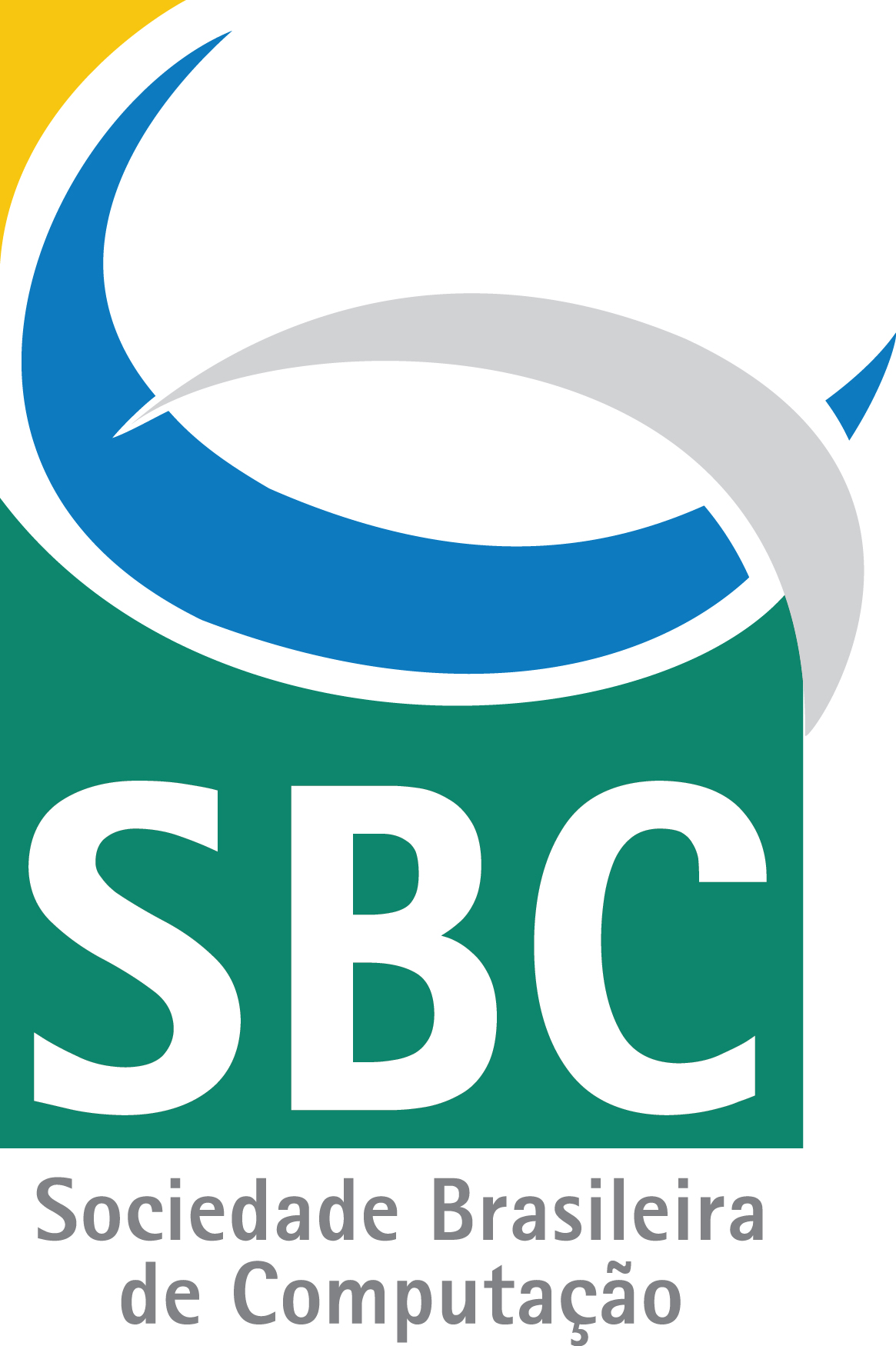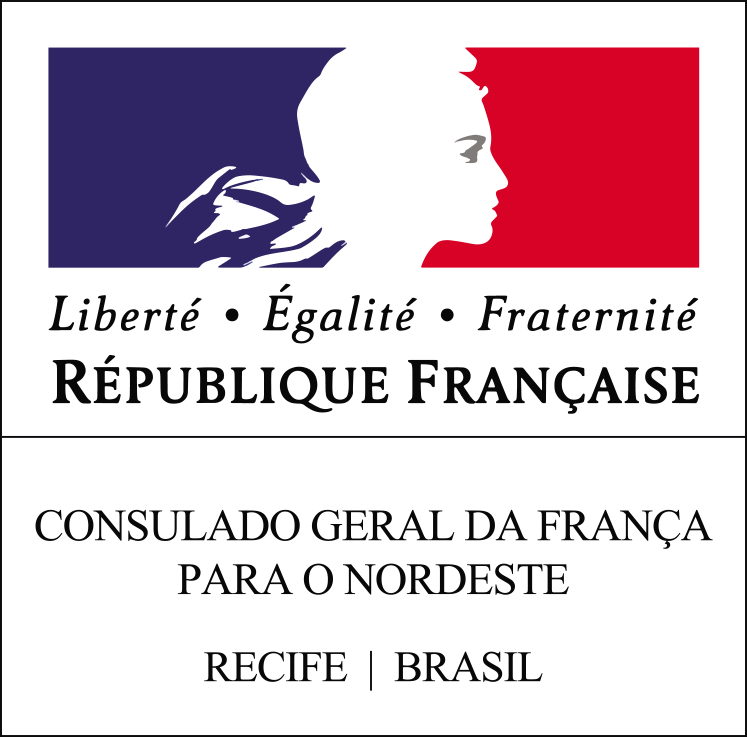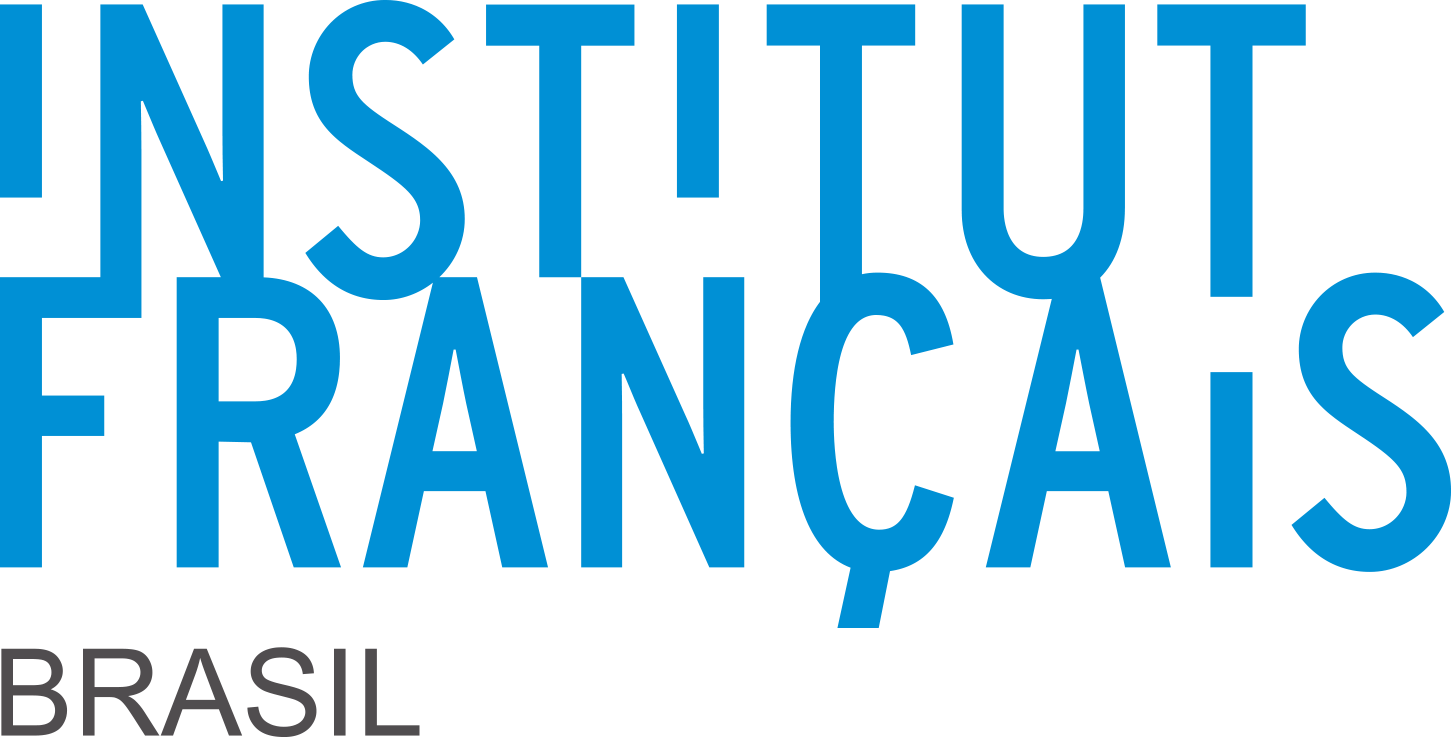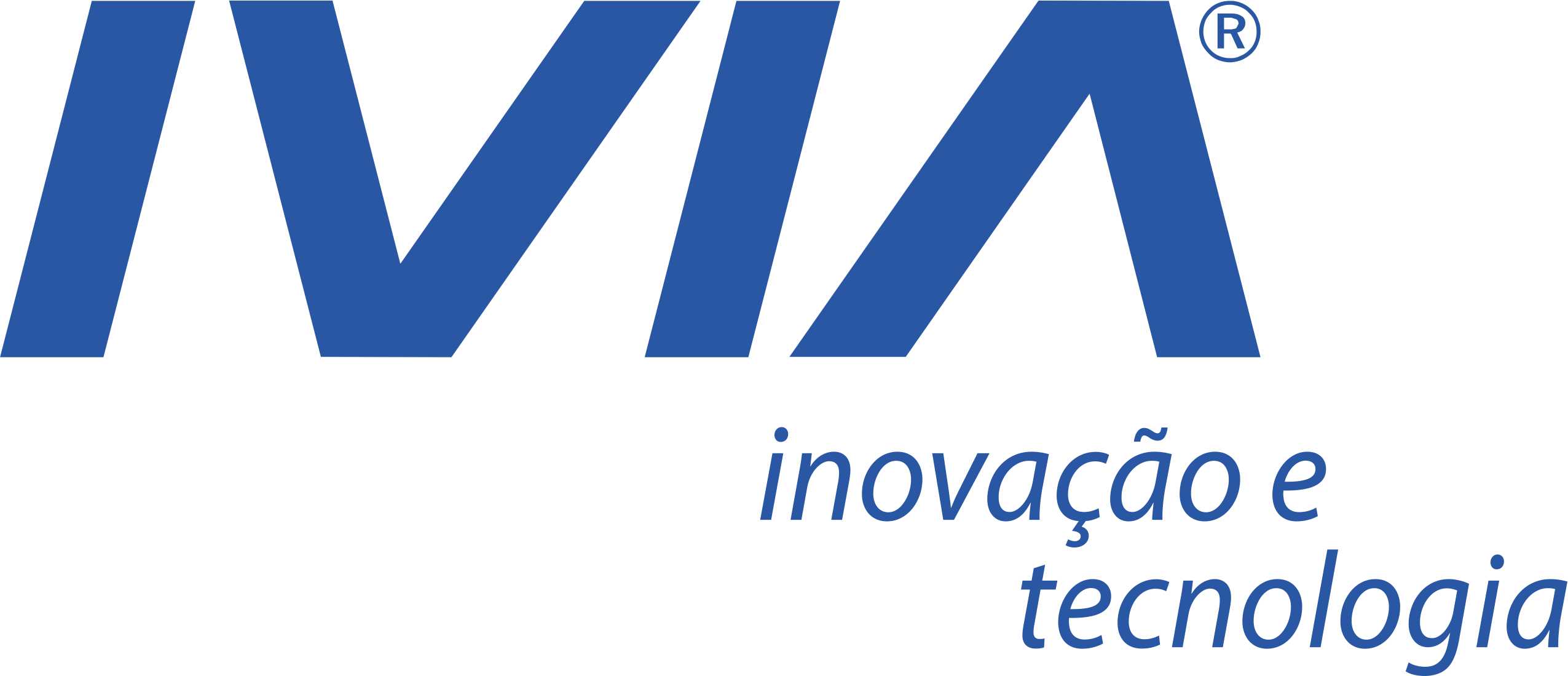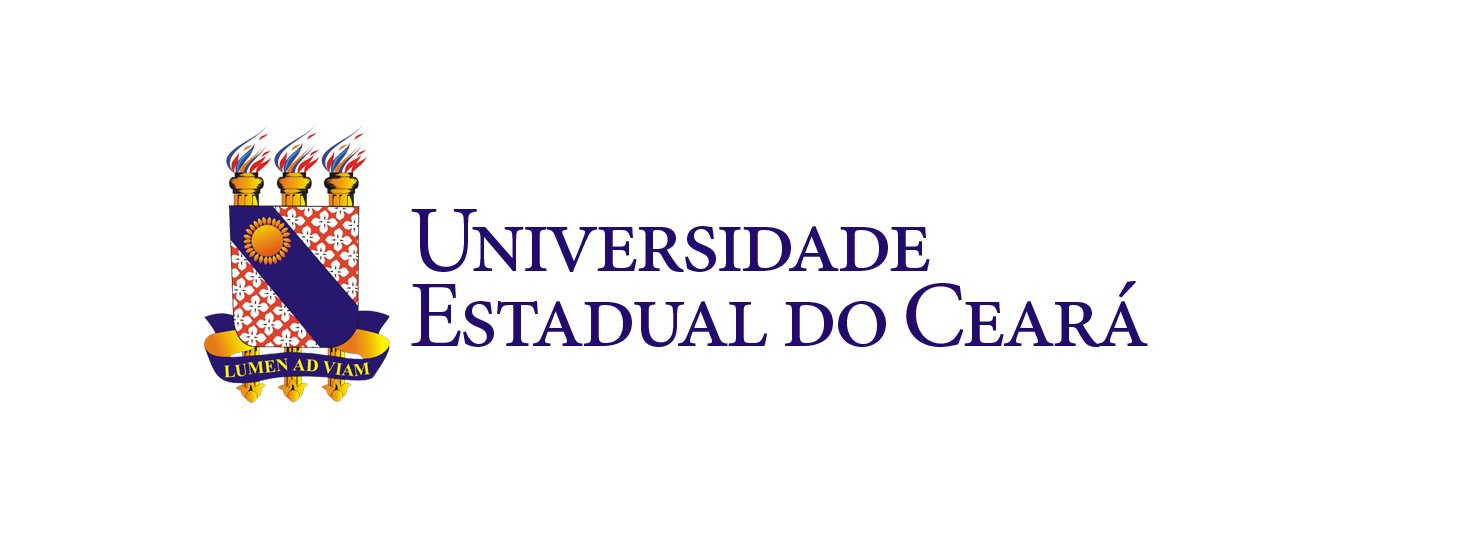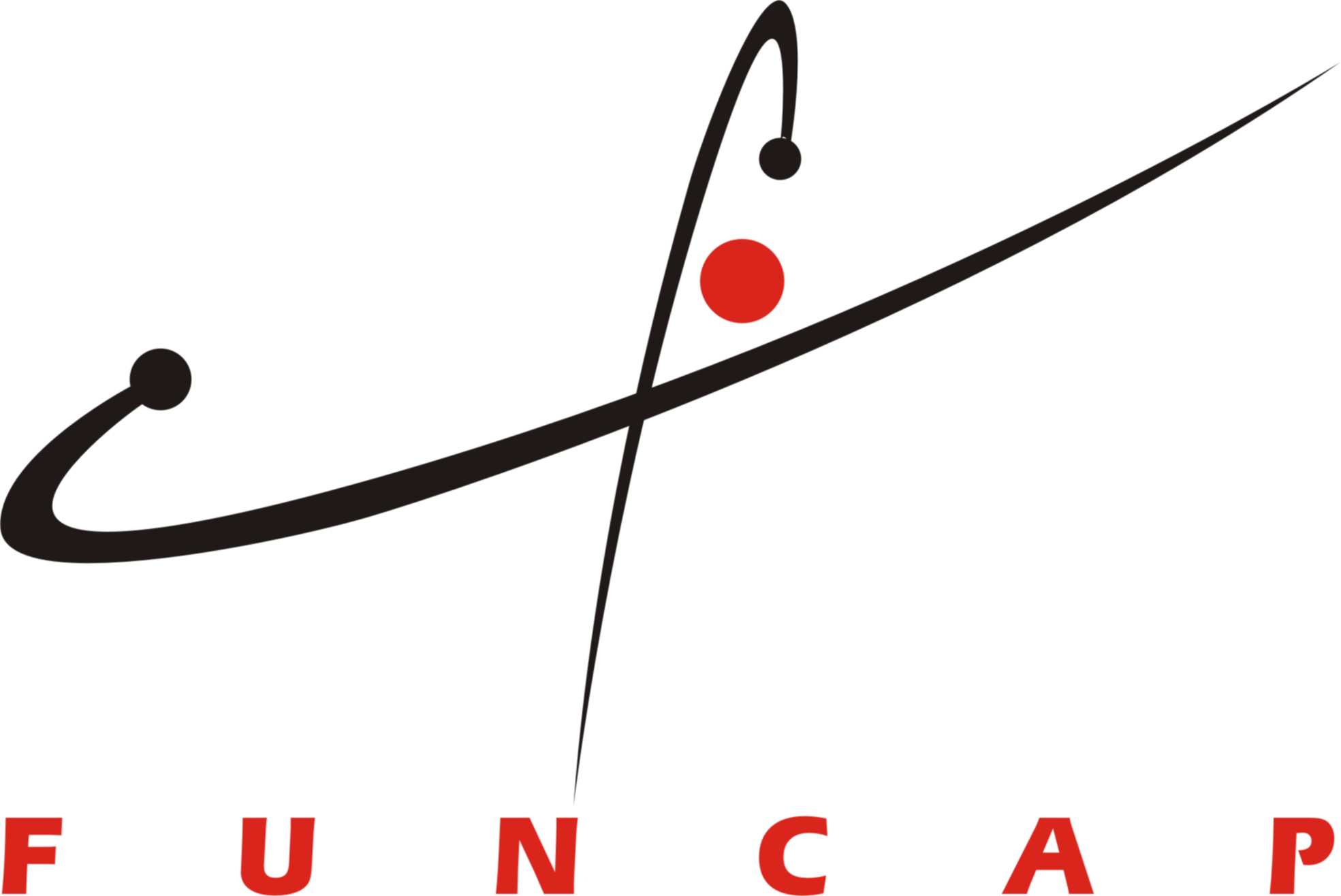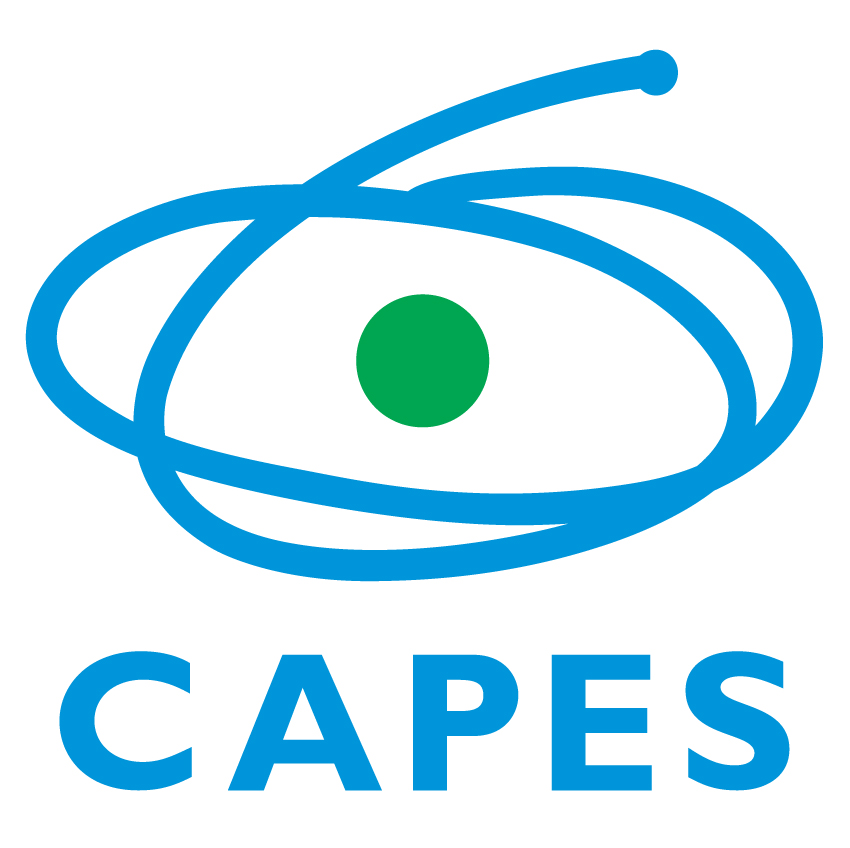Short Course 1 - Interactive Repository Mining for Continuous Process Improvement
Monday, October 28, 2019 - 9:00 am - 3:45 pm
Description:
The short course aims to introduce interactive repository mining in order to make continuous processes. The short course will cover 4 topics: interactivity, data collection, analysis and visualization. For interactivity, a Jupyter Notebook will be presented, which can be used for exploratory tasks and dashboard building. For data collection, a GitHub API will be used to get questions from a repository and a PyGit2 library to browse history. For data analysis, a panda file will be used. Finally, for data visualization, the Matplotlib library will be used. The short course will be guided by tasks such as observing defect density over time, finding out who makes the most contributions to the project over time, measuring test coverage over time, and so on.
Instructor:
 |
João Felipe Pimentel is PhD student in Computing at Fluminense Federal University (UFF). Graduated in Computer Science at UFF (2014), having obtained an academic degree. He had an exchange for Science Without Borders (capes) at Washington University in St. Louis (8/2012 - 5/2013). He was a student of scientific initiation (cnpq), working in automatic refactoring of source code. Participated in the PDSE Sandwich Doctorate program at New York University (4/2017 - 8/2017). Currently working with collection and provenance analysis of scripts and interactive notebooks.
Short Course 2 - Devops: Principles and Practices
Tuesday, October 29, 2019 - 9:00 am - 3:45 pm
Description:
Around 2009, DevOps emerges in a context where development teams are able to leverage their productivity in response to frequent market demands and high quality requirements. However, the organizational separation between development and operations (systems administration) sectors in companies causes a disruption in productivity, due to instabilities caused in production environments by frequent changes. In this context, the DevOps movement, based on agile principles and collaboration between software development and operation sectors, gains momentum with numerous intended benefits spanning technical and social aspects. This short course introduces the concepts, principles, practices, and tools associated with the DevOps concept.
Instructor:
 |
Breno Bernard Nicolau de França is professor at the Institute of Computing (UNICAMP) and coordinator of the Laboratory for Software Engineering and Reliability (LASER) research lab, focusing on research topics such as Experimental Software Engineering, Software Architecture and Lean and Agile Development, and Computer Simulation. Breno completed his PhD in Systems Engineering and Computing from COPPE / UFRJ, where he also completed a postdoctoral internship. Has the title of Master and Bachelor in Computer Science from the Federal University of Pará (UFPA). Over the years, Breno has collaborated with public and private organizations in the context of Research and Development for the acquisition, evaluation and transfer of technology based on experimental methods, development process improvement, and Software Engineering training.
Short Course 3 - Measuring the Quality of Interactive Systems
Wednesday, October 30, 2019 - 9:00am - 12:00pm
Description:
Web systems, Ubiquitous computing, Internet of Things (IoT), Smart Cities and son on brought a bid diversity of interactive systems supporting several of our daily activities. To ensure the improvement and adoption of these applications, it is essential to assess their quality. During several decades we have been evaluating interactive applications with the use of questionnaires. Several standards questionnaires have been proposed. In order to be precise about which quality characteristic we are interested to improve or to assure in the application, measurements must be applied. This course aims at presenting step by step how to define measures (known also as metrics) for interactive systems and procedures to collect, apply and validate them. From the basic definitions and methods about measurement, we show procedures and document materials that we have applied for more than fifteen years in the measurement definition of different types of interactive systems.
Instrutor:
 |
Kathia de Oliveira Marçal é Professora titular e responsável de Relações Internacionais com a América Latina da Universidade Polytechinique Hauts-de-France (França) onde trabalha desde 2009, Ela possui doutorado (1999) e Mestrado (1995) em Engenharia de Sistemas e Computação pela Universidade Federal do Rio de Janeiro e graduação em Bacharel em Processamento de Dados pela Universidade Federal da Bahia (1993). Profa. Káthia M. Oliveira tem experiência nas áreas de engenharia de software, qualidade de software e avaliação da Interação Humano-Computador.
Short Course 4 - Using Qualitative Analysis in Software Quality Research and Practice
Thursday, , October 31, 2019 - 9:00am - 12:00pm
Description:
Several sources are used to collect research data and aspects of software quality practice. These data are analyzed quantitatively or qualitatively. Quantitative analysis provides important indications and evidence for evaluating results of such research and software quality practices. Qualitative data can help researchers and practitioners understand more deeply a particular phenomenon or problem that cannot be expressed quantitatively by providing a richer analysis of information and projections for improvement in software organizations. Applying qualitative analysis within software organizations provides a more detailed understanding of the employee perspective and can assist in identifying product improvements and software processes. This short course covers how you can apply qualitative analysis on software quality. For this, qualitative research methods are presented and discussed with the focus of application in both research and practice. In addition, cases of qualitative analysis in research and practice are discussed, showing step by step and how to enable this type of analysis within software organizations focusing on process and product improvement. By the end of this short course, participants are expected to be able to plan and perform qualitative analysis in research and within software organizations, drawing the full potential of this method as a vector for improving software quality.
Instructor:
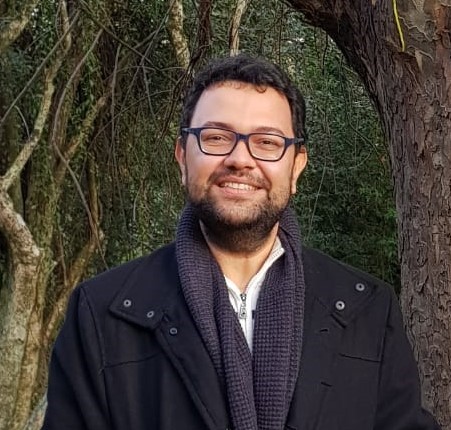 |
Davi Viana is currently Associate Professor at the Federal University of Maranhão. PhD and MSc in Informatics, Graduate Program in Informatics, Federal University of Amazonas (UFAM). Graduated in Computer Science from UFAM. Has a technical course in computer science at the Nokia Teaching Foundation. In addition, he is a permanent professor of the Graduate Program in Computer Science (PPGCC) of UFMA and Director of the Division of Entrepreneurship / DEMI of UFMA. He is editor of REIC: Electronic Journal of Scientific Initiation in Computing - Topic: Information Systems. He has been an evaluator of higher institutions in Computing and Informatics by the Ministry of Education (MEC) since 2018. He is Deputy Regional Secretary of SBC for Maranhão Regional. She has taught short courses and tutorials in various events, including: WebMedia 2016, SBQS 2016, IHC 2016, ERSI-GO 2018 and CBIE 2018. She is interested in the areas of: Software Quality; Knowledge Management and Learning Organization; Information systems; Software Engineering for emerging contexts such as startups and smart cities; and Experimental Software Engineering.







